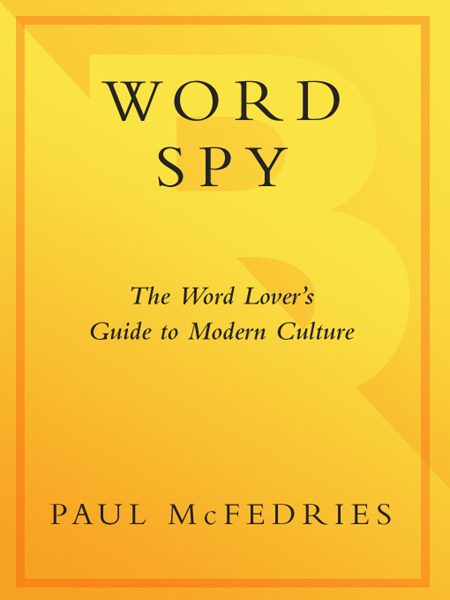
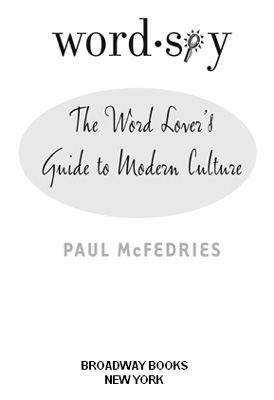
Contents
FOR KAREN
Preface
T his book examines our world by shining the light of modern culture through the prism of new words and phrases. So just what on the earth is a new word? Lexicographers and linguists have wildly different definitions, but for this book, a word is new if it meets the following criteria:
 It doesn't appear in any general dictionary.
It doesn't appear in any general dictionary.
 It first appeared in the written record of the language no earlier than about 1980.
It first appeared in the written record of the language no earlier than about 1980.
 It has a track record in the language. This means it has to have appeared in at least three different media publications, in at least three different articles, written by at least three different authors. (By media publication, I mean newspapers, magazines, newsletters, journals, books, TV and radio transcripts, websites, and newsgroups.)
It has a track record in the language. This means it has to have appeared in at least three different media publications, in at least three different articles, written by at least three different authors. (By media publication, I mean newspapers, magazines, newsletters, journals, books, TV and radio transcripts, websites, and newsgroups.)
I may as well confess up front that I fudge each of these criteria shamelessly throughout the book. Some of the new words do appear in dictionaries; some of them first popped up in the 1970s; and a few have only a couple of mainstream media citations. In any case, I've taken pains to avoid stunt wordscoinages created only to show off one's cleverness or dexterity with a punand nonce wordsterms made up on the spot that are either unrecorded or appear only once.
Conventions Used in This Book
I'm a simple guy, so this is a simple book. Each chapter is self-contained, so feel free to dip in and out of the text at will. There are just two things you need to bear in mind as you're dipping:
1. I wanted the book's new words and phrases to stand out from the regular text, so those terms appear in bold type.
2. The year that appears in parentheses after all the new words (and even some old words) represents the year in which (as near as I can figure) each word first appeared in print. This doesn't necessarily mean the word was coined in that year because many words appear first in ephemeral contexts such as conversations, television or radio broadcasts, and, nowadays, chat rooms and instant messaging confabs.
Acknowledgments
A book like this doesn't get written without a lot of help from an embarrassingly large number of people. It may have just my handle on the cover, but if you could peel back my name you'd see the names of dozens of people who had a finger in this book's pie. The list of those who lent a helping hand has to begin with my wife, Karen, whose generous and unstinting encouragement would have been enough to sustain me through this project, but who also served as an excellent sounding board, reader, and editor. Karen is, in addition, one of the best researchers I know, and many of the statistical and narrative gems in this book were unearthed by her considerable research skills. This book probably would still be a vague thought in the back of my mind if it wasn't for my agent, Bob Mecoy, who firmly believed that my Word Spy site had a book in it somewhere and who then went out and found someone who could do something about it. That someone was my editor at Broadway Books, Gerry Howard, whose enthusiasm for this project inspired me to work harder and better, and whose love of words made him the perfect person to help this book see the light of day.
The thousands of people who have written to me over the years to suggest words or comment on the site are all present in this book, at least indirectly. Of those who offered direct assistance, I'd like to single out the following for heartfelt thanks: David Barnhart, Grant Barrett, Gareth Branwyn, James Callan, Hal Davis, Richard Dooling, Mike Elgan, Jane Farrow, Robert Faulkner, Lucy Fisher, Tom Gally, Anu Garg, Jack Kapica, June Langhoff, Margaret Lee, Bob Levey, Erin McKean, Alan Metcalf, Joel Miller, Kathleen Miller, Laurie Mullikin, Haya El Nasser, Victoria Neufeldt, Jack Nilles, Paul Overberg, Thomas Paikeday, Dan Pink, Mike Pope, Barry Popik, Delma Porter, Michael Quinion, David Rowan, Rakesh Satyal, Fred Shapiro, Jesse Sheidlower, Barbara Wallraff, and Mark Worden.
I hope you enjoy Word Spy. If you like what you see here, there's more where this came from at my Word Spy website (www.wordspy.com). It's always open, so feel free to drop by any time you like.
Chapter 1
A Mosaic of New Words
A community is known by the language it keeps, and its words chronicle the times. Every aspect of the life of a people is reflected in the words they use to talk about themselves and the world around them. As their world changesthrough invention, discovery, revolution, evolution, or personal transformationso does their language. Like the growth rings of a tree, our vocabulary bears witness to our past. John Algeo
The bold and discerning writer who, recognizing the truth that language must grow by innovation if it grow at all, makes new words and uses the old in an unfamiliar sense, has no following and is tartly reminded that it isn't in the dictionary although down to the time of the first lexicographer (Heaven forgive him!) no author ever had used a word that was in the dictionary. Ambrose Bierce
neologismnoun A meaningless word coined by a psychotic. Merriam-Webster's Collegiate Dictionary
W hat could be more relevant, more interesting, more fun than new words? Well, yes, lots of things. However, for many people a newly minted word is one of life's little pleasures, something that can be counted among what James Boswell called the small excellencies. But then there are those of us who have been stricken with a malady that I call neologophilia, the intense attractionoh, why not say it?the love of new words.
This ailment's happy sufferers exhibit an unvarying collection of symptoms: an untrammeled glee at coming across a new word in a book or newspaper; an unquenchable curiosity about life, because, as you'll see, new words lead us into new worlds; an unending wonder at the amazing plasticity of the language and at the relentless creativity of those who use it; and an unceasing urge to coin new words (and, of course, an unabashed desire to weave these new coinages into cocktail party conversations).
I came down with this affliction many years ago, and I've been clam-happy ever since. I enjoy words and language in general, but what sets my crank a-turning is, as H. L. Mencken said, the biology of language, as opposed to its paleontology. I love the living language more than the fossilized variety with its hardened meanings and set-in-stone lexicon. To put it another way, although I get as much pleasure as anyone out of a dictionary, the words it contains are, well, domesticated. I love the wild, untamed neologisms that romp around the linguistic wilderness. When I see a new word in an article or book, I get a little jolt of excitement, a mental shock akin to seeing an animal live for the first time while walking in the woods. I'm not looking to hunt the word, or tame it, or capture it for inclusion in some kind of lexical zoo. Instead, I take a snapshot of the wordI record the source and the citationthat shows the word in its natural environment.
Next page



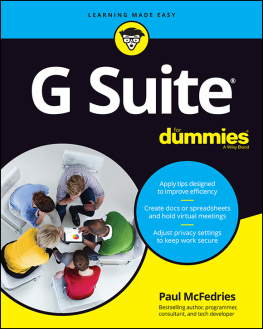
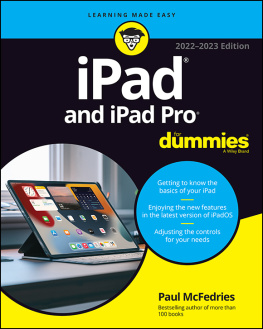
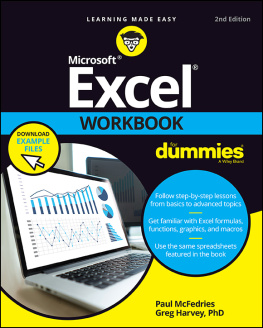
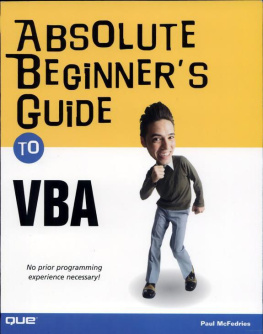
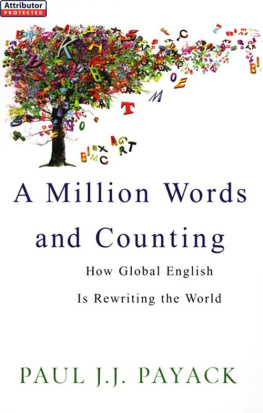


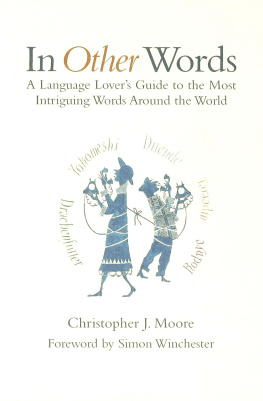


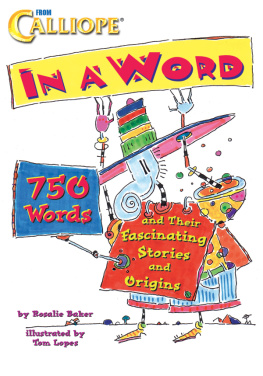
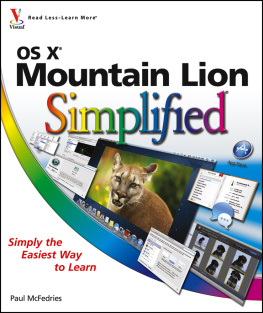




 It doesn't appear in any general dictionary.
It doesn't appear in any general dictionary.